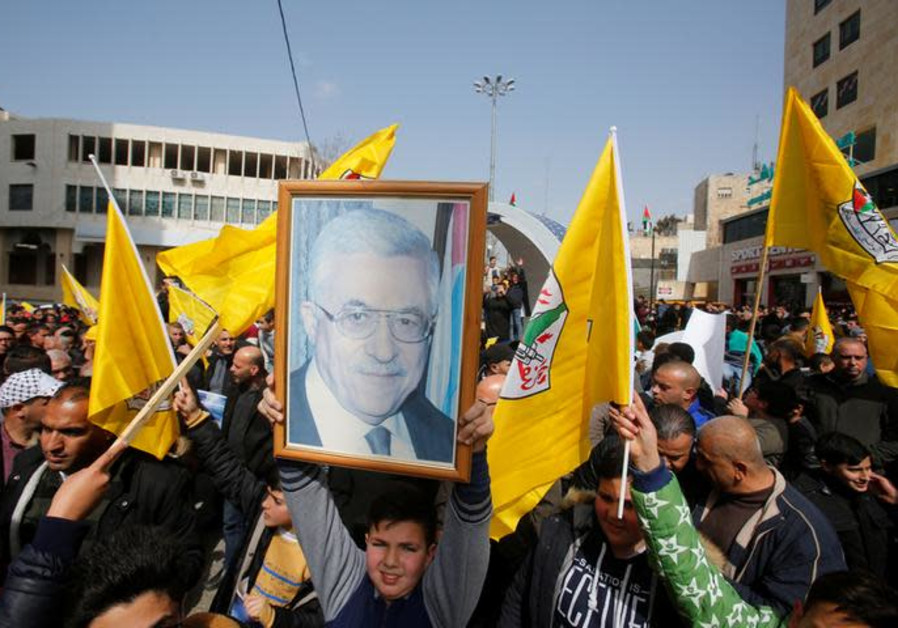Fatah: PA has begun ‘gradual disengagement’ from Israel

Palestinians take part in a Fatah rally in support of president Mahmoud Abbas, in the Palestinian Authority controlled side of Hebron, February 24, 2019. (photo credit: REUTERS/MUSSA QAWASMA)
Join Jerusalem Post Premium Plus now for just $5 and upgrade your experience with an ads-free website and exclusive content. Click here>>






Comments are closed.